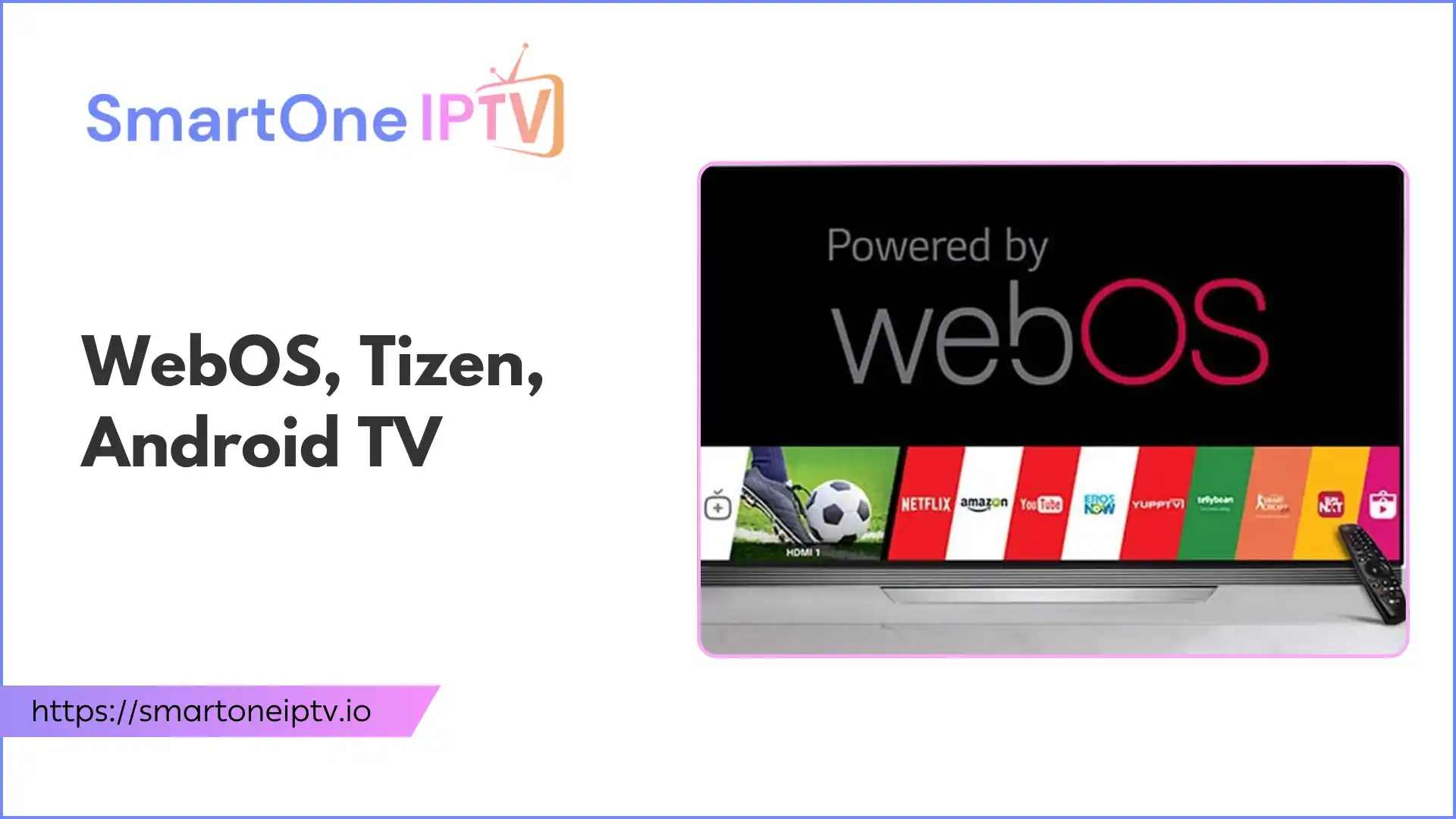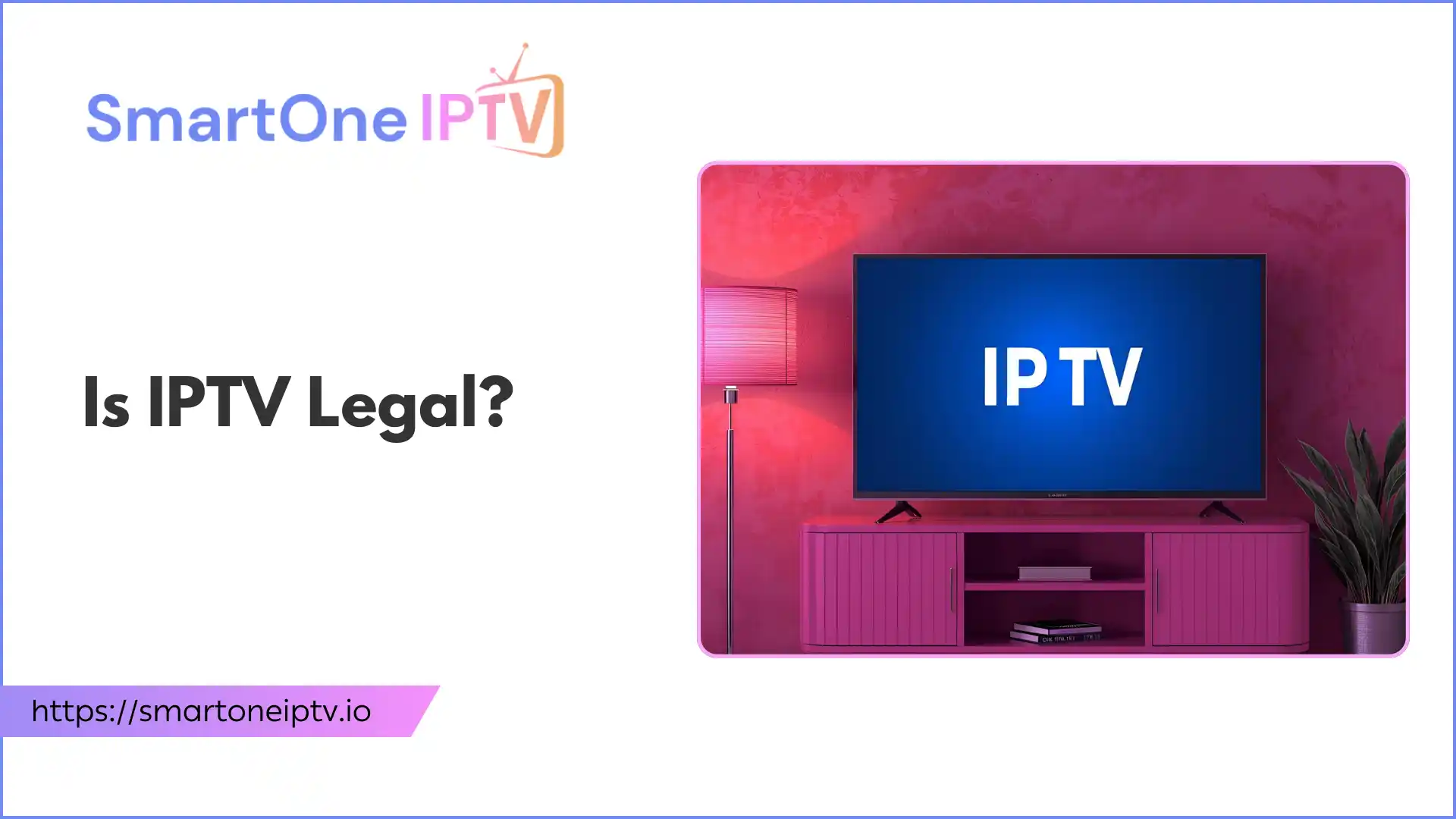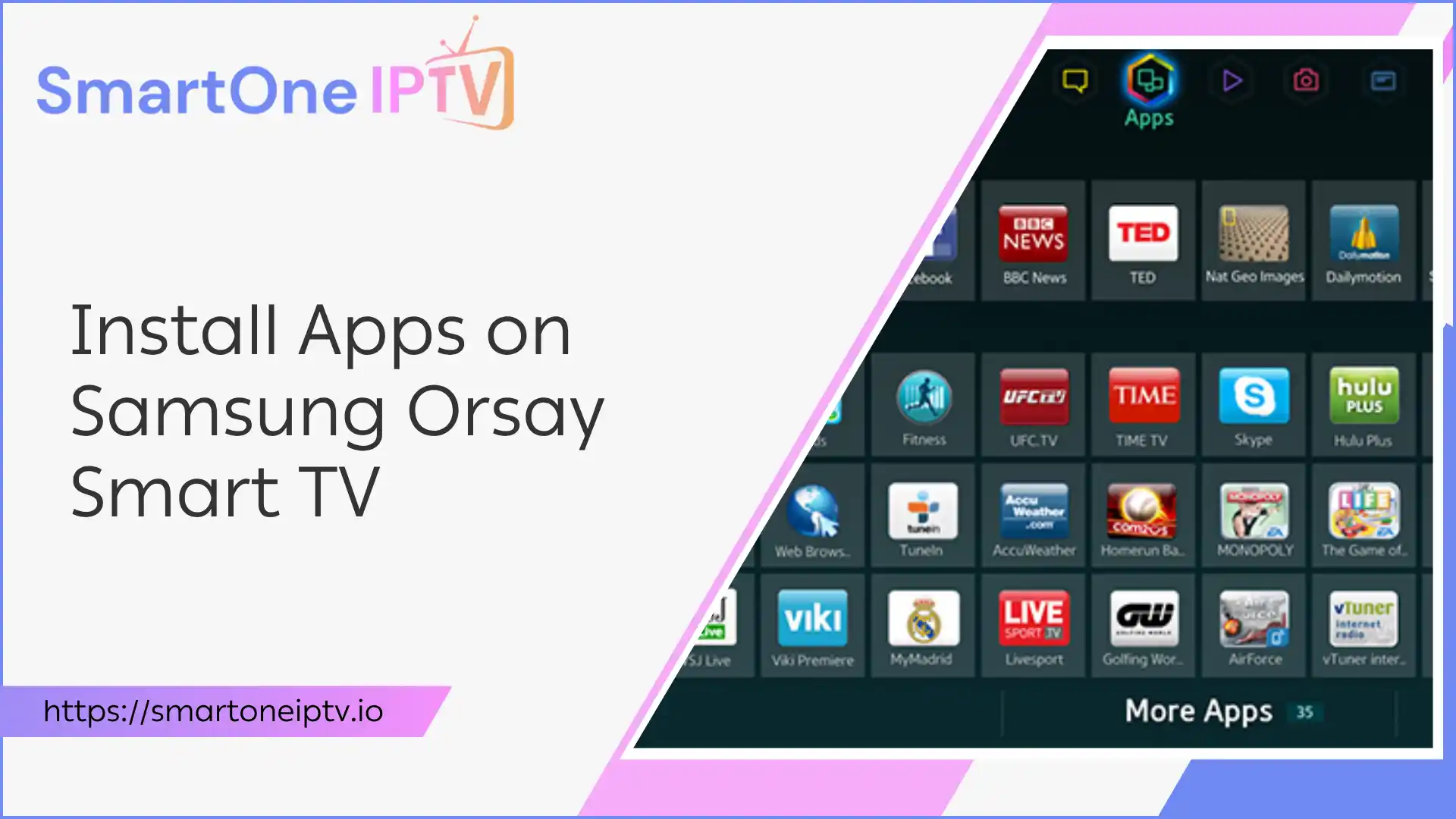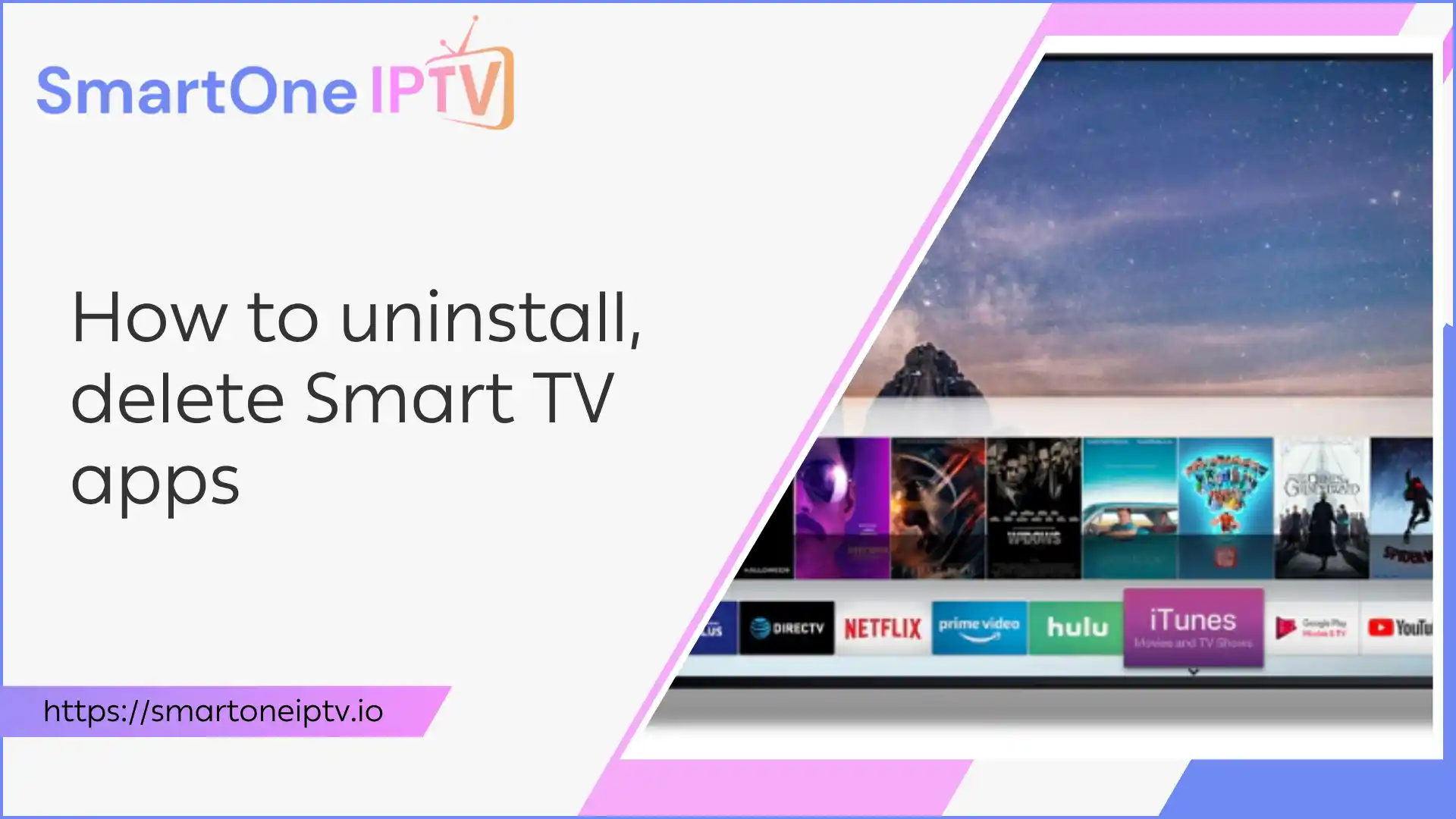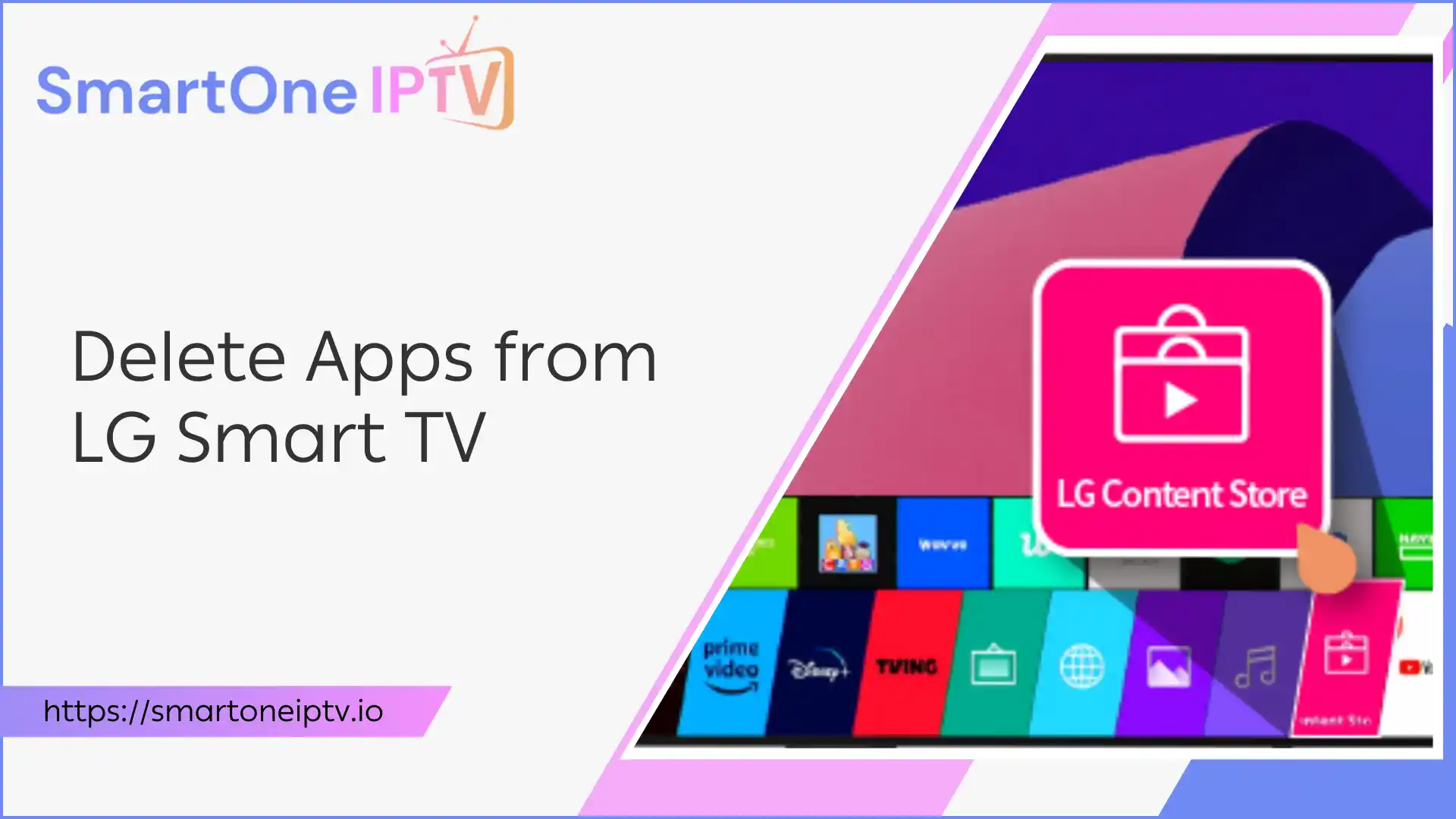Introduction: The Smart TV OS Dilemma
You’re standing in the electronics store, overwhelmed by rows of gleaming smart TVs. Each promises the perfect viewing experience, but here’s the catch: they’re all running different operating systems. One has WebOS, another runs Tizen, and that third one? Android TV.
This isn’t just about picking a screen size anymore. Your choice of smart TV OS will determine everything from which apps you can use to how smoothly your TV responds to commands. Make the wrong choice, and you’ll spend months frustrated with a clunky interface, missing apps, or sluggish performance.
But here’s the good news: you don’t need to navigate this maze alone. This comprehensive guide breaks down what is webos, Tizen, and Android TV in simple terms. We’ll compare their strengths, weaknesses, and ideal use cases so you can make an informed decision that you’ll be happy with for years to come.
Understanding the Big Three: What Makes Each OS Unique
Before you can compare, you need to know what each OS is and what sets them apart.
What is WebOS?
WebOS is a Linux-based multitasking operating system developed by LG Electronics for its smart TVs. Originally designed for mobile devices, it was reimagined by LG to make TV entertainment simple and intuitive. The signature Launcher Bar appears as a row at the bottom of the screen, letting you switch between apps, live TV, and devices without stopping your show.
Key features include:
- Launcher Bar for fast app switching.
- Magic Remote with pointer and voice input.
- ThinQ AI integration for smart home and voice controls.
- A curated app store featuring popular streaming services and a built-in web browser.
WebOS is known for its smooth animations, easy navigation, and friendly design that’s approachable for any age group .
What is Tizen?
Tizen is Samsung’s own open-source, Linux-based OS. While it powers some phones and watches, it’s best known as the brain of Samsung’s smart TVs. Tizen’s hallmark is the Smart Hub—a clean, icon-based bar that gives instant access to live TV, streaming apps, and connected devices.
Highlights:
- Smart Hub for all content and devices.
- Fast, responsive navigation.
- Deep SmartThings integration for controlling smart home gadgets.
- A comprehensive app store with a focus on quality and optimization.
Tizen is designed to work seamlessly with Samsung’s ecosystem, making it a strong choice for users with other Samsung gear .
What is Android TV?
Android TV is Google’s TV operating system, built on the Android platform familiar to many smartphone users. This OS stands out for its:
- Content-first home screen with personalized recommendations.
- Google Assistant for voice search and smart home control.
- Chromecast built-in for streaming content from phones or tablets.
- Access to the vast Google Play Store, offering thousands of apps and games.
Android TV is available on many brands, including Sony, Philips, and Hisense, providing lots of hardware options. Its main strengths are flexibility, deep Google service integration, and the largest app ecosystem .
Head-to-Head Comparison: Tizen TV vs Android TV vs WebOS
To find out which OS is right for you, let’s compare them across the most important categories.
User Interface and Navigation
- WebOS: The Launcher Bar offers a smooth, non-intrusive overlay for app switching. The Magic Remote’s pointer function feels like using a computer mouse on your TV, making it easy for anyone to pick up and use.
- Tizen: The Smart Hub is fast and simple, focusing on easy access to what you use most. Navigation is quick, and the UI is clean, but some may find it less visually dynamic than WebOS.
- Android TV: Its home screen is organized into rows, emphasizing content suggestions from different apps. The interface is familiar to Android users, but performance can depend on the TV’s hardware.
If you want ease of use and slick visuals, WebOS shines. For speed and simplicity—especially if you’re already in Samsung’s world—Tizen is strong. Android TV offers familiarity and lots of customization .
App Ecosystem and Availability
- Android TV: Offers the largest app selection via Google Play Store. Almost every major (and niche) app is available, though quality can vary.
- WebOS: Covers the streaming basics (Netflix, Disney+, Amazon Prime, Hulu) through the LG Content Store. While not as vast as Android TV, apps are well-curated and optimized.
- Tizen: Features all the essential streaming services and a variety of other entertainment and utility apps via Samsung’s app store. Like WebOS, it focuses on quality over quantity.
Quick comparison table:
| Area | WebOS (LG) | Tizen (Samsung) | Android TV / Google TV (many brands) |
| UI style | Launcher Bar along bottom; pointer-style remote | Smart Hub row with quick shortcuts | Content-first rows; many recommendations |
| App store | LG Content Store; all major streaming apps | Samsung Smart Hub; all major streaming apps | Google Play Store; widest app selection |
| Voice | ThinQ with Google Assistant or Alexa on many models | Bixby; Alexa on many models; Google Assistant varies | Google Assistant standard |
| Casting | AirPlay 2 on many models; Miracast on some | AirPlay 2 on many models; Miracast on some | Chromecast built-in on all; some models also support AirPlay 2 |
| Smart home | LG ThinQ; Apple HomeKit on many models; Matter support varies by model | SmartThings; Matter hub support on many models | Google Home; Matter support on many models |
| Gaming | GeForce NOW; low input lag on many models; Xbox app support varies by region/year | GeForce NOW; Xbox cloud app on many recent models | GeForce NOW on many models; native Android games |
| Speed feel | Very smooth and simple | Very fast and polished | Varies by hardware; smooth on mid/high-end |
| Updates | Strong LG support; update policy varies by model/year | Strong Samsung support; policy varies by model/year | Varies by manufacturer; Google updates core services |
| Ads/promo rows | Some menu ads/recommendations | Some menu ads/recommendations | Recommendation rows; ad units vary by brand |
Performance and Speed
- WebOS: Noted for snappy performance, fast boot times, and smooth multitasking—even on mid-tier LG TVs.
- Tizen: Extremely responsive, thanks to Samsung’s tight hardware/software integration. Boot-up and app-switching are typically lightning fast.
- Android TV: Variable. High-end TVs offer great speed, but cheaper models may show some lag. Recent updates have improved overall smoothness.
Tip:
For the fastest experience, Tizen and WebOS are consistent performers. Android TV’s speed often depends on the TV’s processor and RAM .
Voice Control and Smart Home Integration
- Android TV: Uses Google Assistant for voice search and smart home control. Works well with Google Home and Chromecast devices.
- WebOS: Supports both Google Assistant and Amazon Alexa via LG ThinQ AI. The Magic Remote’s microphone makes voice commands easy.
- Tizen: Offers Bixby (Samsung’s voice assistant), plus Google Assistant and Alexa support on newer models. Deep integration with SmartThings for controlling smart devices.
All three offer robust voice control. Choose based on the smart home ecosystem you already use—Google, Amazon Alexa, or Samsung SmartThings .
Choosing Your Perfect Match: Recommendations by User Type
The Streaming Simplicity Seeker
Choose WebOS if you want:
- The easiest possible TV experience
- Beautiful, intuitive interface design
- Quick access to popular streaming apps
- Minimal learning curve
WebOS is perfect for users who want their TV to “just work” without complexity. The Magic Remote makes navigation feel natural, and the Launcher Bar keeps everything organized.
The Speed and Performance Enthusiast
Choose Tizen if you want:
- The fastest possible smart TV experience
- Tight integration with Samsung devices
- Comprehensive smart home control via SmartThings
- Rock-solid reliability
Tizen delivers unmatched speed and responsiveness. If you value performance above all else and appreciate Samsung’s ecosystem approach, Tizen won’t disappoint.
The App Explorer and Customization Lover
Choose Android TV if you want:
- Maximum app selection and customization options
- Deep Google services integration
- Regular updates with new features
- Gaming capabilities beyond basic apps
Android TV suits users who love exploring new apps, want extensive customization options, and are comfortable with the Google ecosystem Making Your Final Decision: A Practical Framework
Step 1: Assess Your Current Tech Ecosystem
Look around your home. Do you primarily use:
- Google services (Gmail, Google Photos, Chromecast)? → Android TV
- Samsung devices (phone, appliances, smartwatch)? → Tizen
- Mixed brands or prioritize simplicity? → WebOS
Step 2: Consider Your Usage Patterns
Heavy app users and gamers: Android TV’s extensive library wins Casual streamers who want simplicity: WebOS provides the best experience
Performance-focused users: Tizen delivers unmatched speed
Step 3: Think About Long-term Satisfaction
Consider which factors matter most for daily use:
- Ease of use: WebOS
- Speed and performance: Tizen
- App variety and updates: Android TV
Your Smart TV OS Decision Made Simple
Choosing between WebOS, Tizen, and Android TV doesn’t have to be complicated. Each platform excels in different areas, and your personal needs will determine the best fit.
Choose WebOS if you value simplicity, beautiful design, and want a TV that family members of all tech skill levels can use comfortably. LG’s focus on user experience creates a premium feel without complexity.
Choose Tizen if performance is your priority and you want the fastest, most responsive smart TV experience possible. Samsung’s optimization creates a snappy, reliable platform that handles everything you throw at it.
Choose Android TV if you love exploring apps, want maximum customization options, and are already integrated into Google’s ecosystem. The extensive app library and regular updates ensure your TV stays current with new features.
Remember, all three platforms will handle your basic streaming needs excellently. The “best” choice is the one that aligns with your preferences, existing devices, and usage patterns.
Take time to visit a store and interact with each interface firsthand. Your gut reaction after a few minutes of hands-on testing will often guide you to the right decision.
Conclusion
Smart TV OS choices like WebOS, Tizen, and Android TV shape your viewing world. We’ve explored what WebOS is, compared tizen tv vs android tv, and weighed android vs webos. WebOS offers simplicity, Tizen delivers speed in Samsung setups, and Android TV provides endless apps. By matching these to your needs, you avoid common pitfalls like mismatched ecosystems.
You’ve now got the knowledge to pick wisely. This saves time and enhances enjoyment. For next steps: List your must-have apps, check device compatibility, and read recent reviews. Your perfect TV awaits.
Frequently Asked Questions
Which smart TV operating system is best?
It depends on your needs. Android TV is best for app variety, WebOS for simplicity, and Tizen for Samsung ecosystem integration .
Is Android TV better than WebOS?
Android TV is better if you want more apps and Google Assistant integration. WebOS is better for a simpler, more user-friendly interface .
What are the disadvantages of Tizen OS?
Tizen is exclusive to Samsung TVs, so you’re limited in hardware choice. Its app store is smaller than Android TV, but the most popular apps are available .

